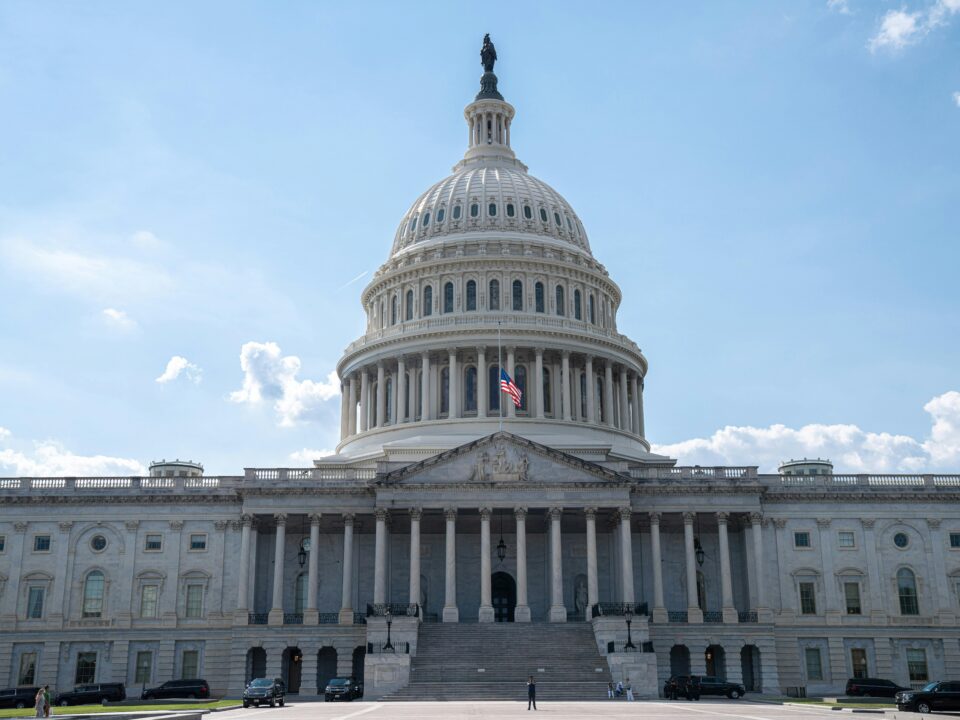
Congratulations! Your Child Just Turned 18

Planning for the Future for Your Small Business
Vermont Department of Taxes imposes an estate tax on the transfer of Vermont estates of decedents dying while a resident of Vermont*. Currently, Vermont law provides for a $2,750,000 exemption from an estate tax. Estates are subject to a 16% tax on the value of assets exceeding the exemption amount. For example, a Vermont resident dies in 2019 with a taxable estate of $3,750,000, the Vermont estate tax would be $160,000, or 16% of $1,000,000.
On June 18, Governor Scott signed H. 541, a bill with incremental increases to the Vermont estate tax, as follows: On January 1, 2020, the Vermont estate tax exclusion will increase to $4,250,000.00 and will apply to estates of decedents with a date of death during the calendar year 2020. Then on January 1, 2021, the estate tax exclusion increases to $5,000,000.00, and will apply to estates of decedents with a date of death on or after January 1, 2021. Under the current bill, any estates of decedents with a date of death during the year 2021 or after will have an estate tax exclusion of $5,000,000.
The 2019 federal estate tax exemption (reduced by certain lifetime gifts) is $11,400,000, and the federal estate tax is indexed every year for inflation. Important to remember about the federal estate tax is the “portability” rules. Portability provides for the transfer of a deceased spouse’s unused estate tax exemption (“deceased spousal unused exclusion amount” or “DSUEA”) to a surviving spouse (without inflation adjustments). This means that each spouse has a credit of $11.4 million, for a possible total of up to $22.8 million. This is only applicable to the federal estate tax as Vermont does not have “portability” of its estate tax.
*Non-residents of Vermont with estates over the Vermont estate exemption, may be subject to a Vermont estate tax if they own real property in Vermont.




